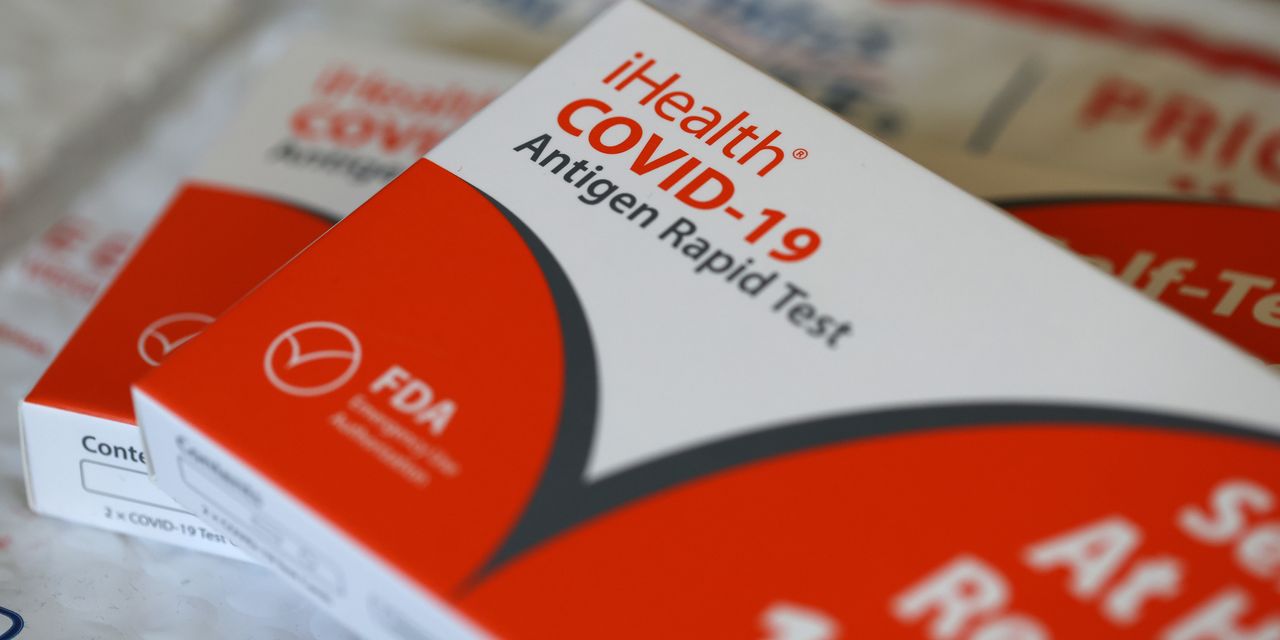Amid the holiday season, here are some expert-recommended ways to keep yourself and loved ones safe from COVID-19 and other viruses in circulation.
Stay home if you’re sick. “For far too many years, whether in the workplace or for important social engagements, people took it as a badge of pride that they would tough it out and go to work even if they were sick,” James Conway, a physician specializing in pediatric infectious diseases at the University of Wisconsin in Madison, told Vox. “I think people have finally come around to recognizing that’s both impractical and a little disrespectful to others.”
Consider wearing a mask. “Everyone needs to know that masking really does protect individuals against all three viruses,” meaning SARS-CoV-2, the flu, and respiratory syncytial virus, Diego Hijano, an infectious disease specialist at St. Jude Children’s Research Hospital in Memphis, said in an interview with CNBC.
Los Angeles County, New York City, and Oakland are once again recommending that residents mask up in certain shared indoor spaces as COVID cases continue to rise.
Test before you go. Some hosts are asking their guests to take a test before they get to the party, according to the New York Times. One New Yorker sent out invitations asking friends to “join me in super-spreading holiday cheer.” Other suggestions? Opening the windows and taking the party outside.
Other COVID news to know:
• The XBB subvariant is spreading in the U.S. The latest data from the Centers for Disease Control and Prevention shows that XBB now makes up an estimated 18% of new COVID cases in the U.S., up from 11% for the week ending Dec. 17. BQ.1 and BQ.1.1 still make up the majority of new infections.
• China’s COVID surge. Health authorities estimate that 37 million people in China got sick with COVID one day this week, according to Bloomberg, and as many as 248 million likely contracted the virus in the first 20 days of December.
• Merck’s
MRK,
Lagevrio doesn’t prevent hospitalizations. That’s according to a new open-label, randomized, controlled study published Thursday in The Lancet. The research looked at clinical data from 26,411 people in the U.K. in the first half of the year, and it found that the antiviral didn’t reduce the risk of hospitalization or death in high-risk vaccinated individuals. However, patients who took Lagevrio recovered faster and had fewer doctor’s visits.
• The U.S. reports 70,000 cases for the first time since Sept. 7. The seven-day daily average of new infections rose 5% from two weeks ago to 70,479 on Thursday, according to a New York Times tracker. Hospitalizations increased 9% to 40,758 over the past 14 days, while those in intensive care units grew 13% to 4,835, and 422 people died on Wednesday.
